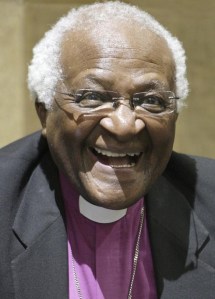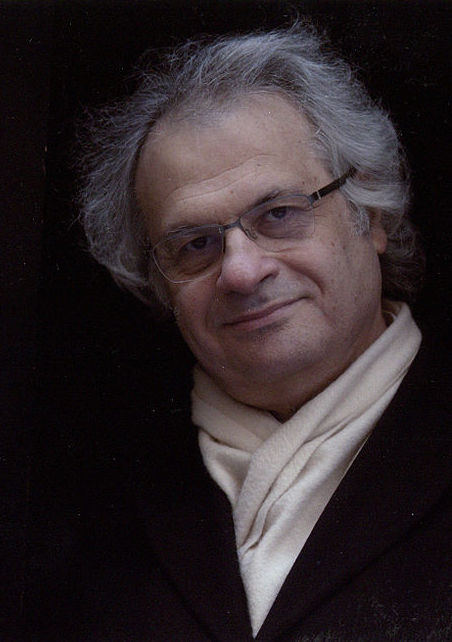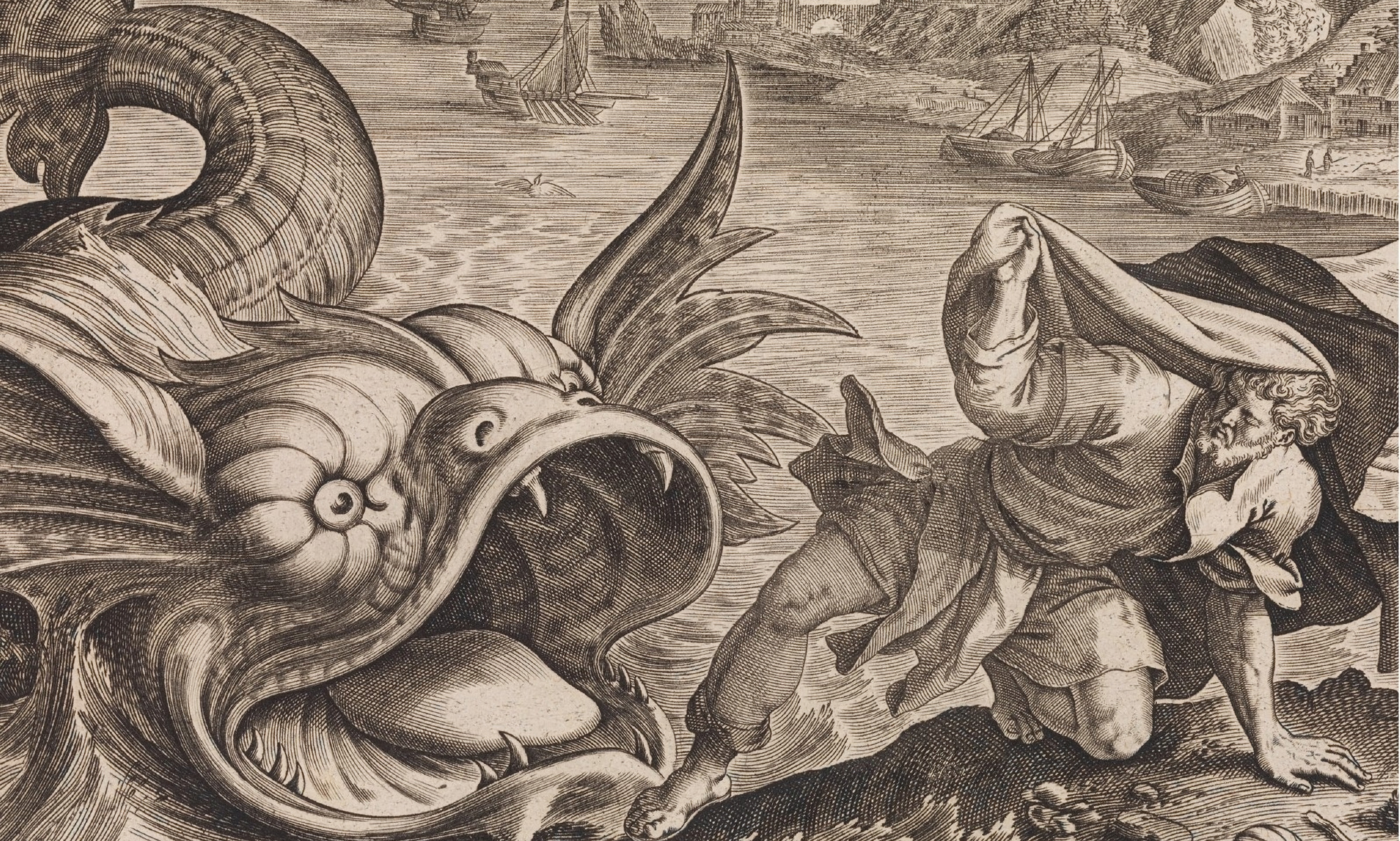 Some quotes from Desmond Tutu’s God Has a Dream: A Vision of Hope for Our Time.
Some quotes from Desmond Tutu’s God Has a Dream: A Vision of Hope for Our Time.
On ‘a deep reverence’ for this world:
… all is ultimately holy ground and we should figuratively take off our shoes for it all has the potential to be ‘theophanic’ – to reveal the divine. Every shrub has the ability to be a burning bush and to offer us an encounter with the transcendent.
On a church that is too focused on the world to come:
A church that tries to pacify us, telling us not to concentrate on the things of this world but of the other, the next world, needs to be treated with withering scorn and contempt as being not only wholly irrelevant but actually blasphemous.
On prayer, government and the kingdom of God:
It is dangerous to pray, for an authentic spirituality is subversive of injustice. Oppressive and unjust governments should stop people from praying to God, should stop them from reading and meditating on the Bible, for these activities will constrain them to work for the establishment of God’s kingdom of justice, of peace, of laughter, of joy, of caring, of sharing, of reconciliation, of compassion.
On peace, justice and terrorism:
… instability and despair in the third world lead to terrorism and instability in the first world. … there is no way in which we can win the war against terrorism as long as there are conditions that make people desperate. […] there is no peace without justice, and safety only comes when desperation ends.
Wise words!


 Some quotes from Desmond Tutu’s God Has a Dream: A Vision of Hope for Our Time.
Some quotes from Desmond Tutu’s God Has a Dream: A Vision of Hope for Our Time.